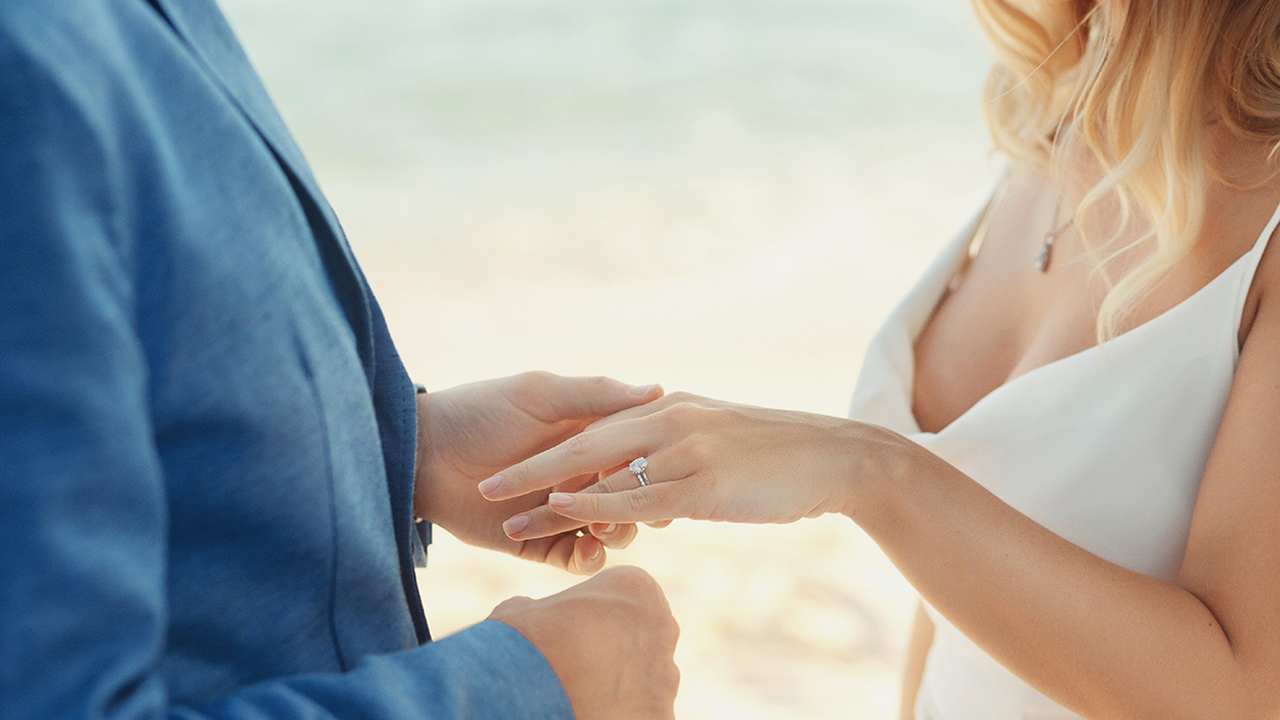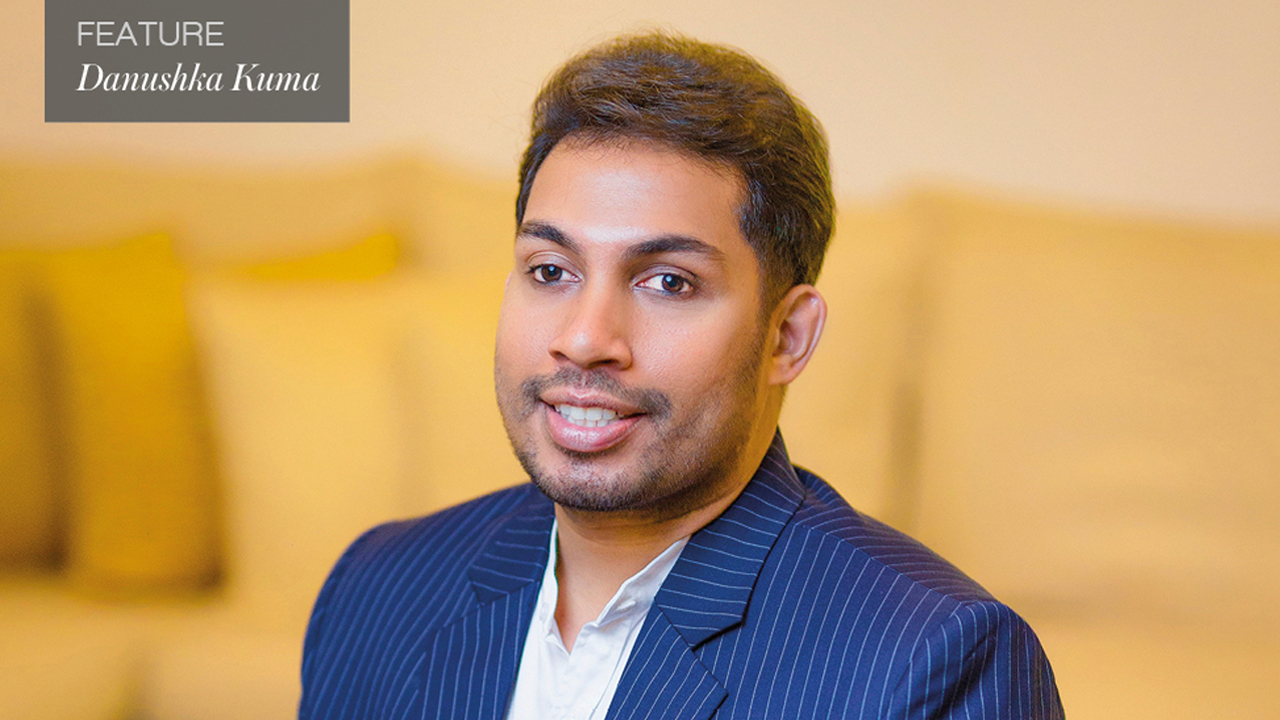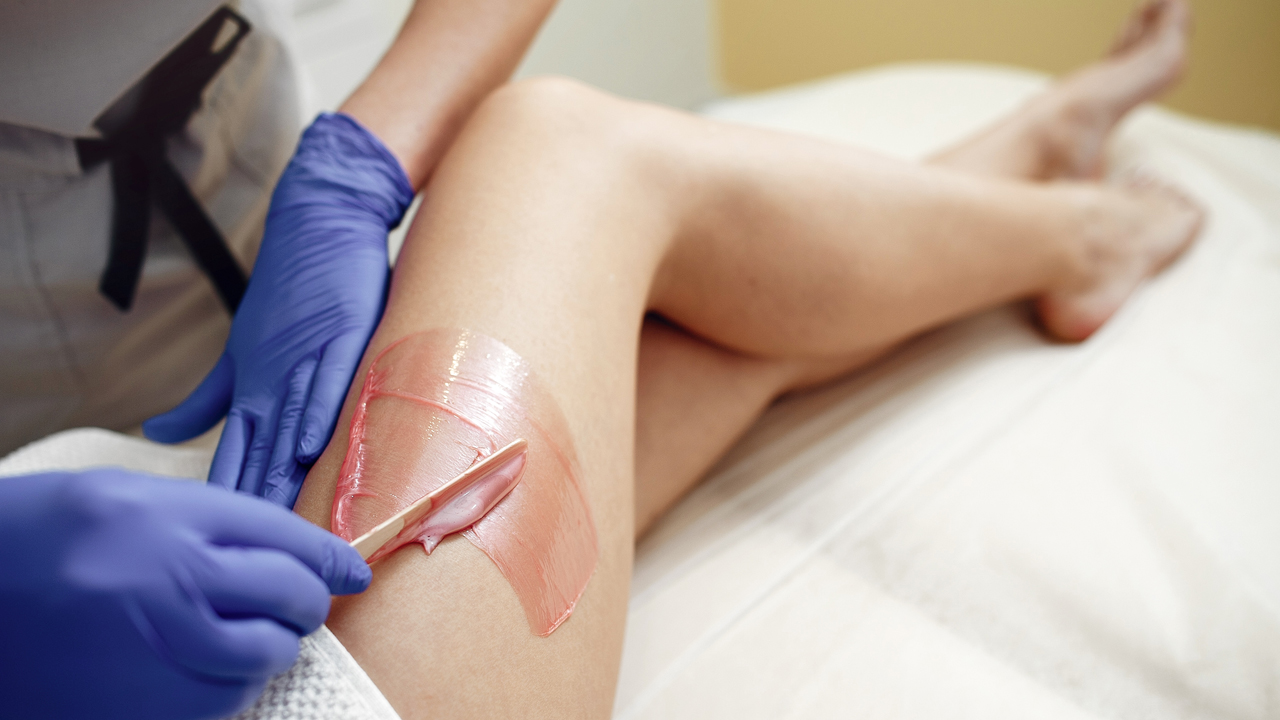Let Your Hair Fall No More!
by Hafsa Killru
Is your comb tangled with bushy strands of your hair? Are your pillows still hugging your tresses even after you lift your head up? Can’t you wear your favourite hairstyle because you lose more of your hair? Oh. Em. Geeee! The most dreaded phase is here then! No, it’s not the end of the world. But for us women, it’s almost the same as that. Yes, we are talking about none other than hair fall! It is indeed the biggest sorrow when our crowning glory, our most beloved feature, faces a calamity. And dealing with it is the number one priority before anything gets out of hand. Ranging from a variety of causes, there is also treatment to prevent your hair from thinning further. For this, our skilled expert, Ramani Fernando, shares some words of wisdom on what we could do to keep hair healthy.
What are the major causes of hair loss?
• Family history (Heredity)
The most common cause of hair loss is a hereditary condition called male-pattern baldness or female-pattern baldness. It usually occurs gradually with aging and in predictable patterns — a receding hairline and bald spots in men and thinning hair in women.
• Hormonal changes and medical conditions
A variety of conditions can cause permanent or temporary hair loss, including hormonal changes due to pregnancy, childbirth, menopause and thyroid problems. Certain medical conditions cause patchy hair loss, scalp infections such as ringworm and a hair-pulling disorder called trichotillomania.
• Medications and supplements
Hair loss can be a side effect of certain drugs, such as those used for cancer, arthritis, depression, heart problems, gout and high blood pressure.
• Radiation therapy to the head
The hair may not grow back the same as it was before.
• A very stressful event
Many people experience a general thinning of hair several months after a physical or emotional shock. This type of hair loss is temporary.
• Certain hairstyles and treatments
Excessive hairstyling or hairstyles that pull your hair tight, such as pigtails or cornrows, can cause a type of hair loss called traction alopecia. Hot oil hair treatments and permanents can cause inflammation of hair follicles that leads to hair loss. If scarring occurs, hair loss could be permanent.
Can there be a genetic link to losing hair? If so, how and what can be done to reduce the hair fall?
Hair loss due to androgenetic alopecia occurs only if a person has a specific genetic code in his or her chromosomes. This code responsible for baldness is carried by a single gene or a group of genes and may be inherited from either mother or father.
Steps to reduce hair fall are as follows:
• Avoid tight hairstyles
• Avoid compulsively twisting, rubbing or pulling your hair.
• Treat your hair gently when washing and brushing. A wide-toothed comb may help prevent pulling out hair.
• Avoid harsh treatments such as hot rollers, curling irons, hot oil treatments and permanents.
• Avoid medications and supplements that could cause hair loss.
• Protect your hair from sunlight and other sources of ultraviolet light.
• Stop smoking. Some studies show an association between smoking and baldness.
• If you are being treated with chemotherapy, ask your doctor about a cooling cap. This cap can reduce your risk of losing hair during chemotherapy.
Does one's diet play a role in keeping their hair healthy? And is there any food one should avoid to reduce hair fall?
Low protein intake may also lead to hair loss, according to some experts. And very low-calorie diets, in general, don't provide enough nutrition to allow your body—including your hair follicles—to function normally.
Moreover, what we eat can majorly influence hair health. Increased intake of fruits and vegetables, and most importantly, water, is bound to result in healthier hair.
Avoid fatty foods and fizzy drinks while also cutting down on your intake of carbs.
A protein rich diet is needed for increased hair growth, and a diet which is high in Vitamin E and Omega 3, as well as Omega 6 fatty acids, can stop excessive hair fall. These are some things you might keep in mind before you bite into your next hamburger.
What is the first thing one should do when suspecting hair fall?
Hair loss is different for everyone and there’s more than one type of hair loss to consider when you first notice hair loss. The sooner you start hair loss treatment after you first notice hair loss, the easier it is to restore follicles with non-invasive solutions such as Minoxidil topical foams and/or low-level laser therapy caps.
In some circumstances, lifestyle changes can help your hair grow back, but only if you suffer from non-genetic hair loss conditions such as telogen effluvium or traction alopecia. With the former, hair loss may be triggered by lack of proper nutrition or chronic stress, and the best solution would be to improve your diet.
Is it a good idea to colour your hair when you are suffering from hair loss?
With a few precautions, colouring thinning hair can be safe, and may even protect the hair shaft from breaking. There's a myth that permanent hair-colour is damaging, but that's only true if you bleach your hair or if you use the colour incorrectly.
What hairstyles should be avoided when having hair loss?
Avoid hairstyles like tight ponytails, pigtails, braids or buns on a daily basis. Using hair elastics to pull back hair tightly can cause hair fall.
How can one ensure they don't face hair loss?
There are many hair growth supplements in the market that help thicken hair and curb hair fall. Even certain vitamin supplements go a long way in improving the health and volume of your hair. However, do not start taking any supplements without consulting a healthcare professional first.
Though you may not like the idea of sticky, oily hair, application of oils like almond, coconut, and castor seeds, among others, can help your hair in the long term.
What are the hair loss treatment methods?
Many salons offer hair spa treatments that are meant to strengthen, condition, and nourish your hair. These treatments are ideal for women who are busy and stressed. Not only does the treatment improve hair health, but is also the perfect way to relax and de-stress. Listed below are the benefits of a hair spa treatment.
• It deeply conditions your hair, treats split ends, and repairs dry, damaged, and dull hair. It also helps get rid of dandruff.
• Hair spa treatment provides your hair and scalp with the essential nourishment needed for healthy hair growth.
• It helps fortify the hair follicles and revitalises the scalp, creating an ideal environment for unhindered hair growth.
• It prevents scalp aging and improves the blood circulation in the scalp with a stimulating massage.
• It also helps remove impurities from your hair and scalp, preventing clogging and build up, resulting in better hair health.
• The hair spa treatment brings a welcome relief from stress and tension.
So we know certain diseases, hormones and genes cause hair loss, but is there something that many of us are doing daily that may be causing it too?
Yes, two main factors are:
• Stress
Extreme stress can cause sudden hair loss which could last for several months. Minimising stress through exercise, meditation yoga and massages will reduce your chances of experiencing hair loss.
• Too many styling products
Using too many chemically laden products on your hair could prove harmful in the long run.
To take care of the hair:
• Opt for regular trims
Hair tends to be the most damaged near the tips, and a good trim in every six to eight weeks can help solve your woes. Damaged hair has straw-like texture, and can be chopped off to promote growth and remove split ends.
• Avoid taking hot showers
As comforting as hot showers are, it dehydrates strands (just like skin), and strips the scalp of its natural oils, leading to dry, brittle hair that’s more prone to breakage. Instead opt for lukewarm water and try to rinse hair with the coolest temperature.
Do medicated hair products and topical treatments work? If so, what ingredients should we look for in a hair-loss treatment?
Yes, we can name one! Minoxidil (Rogaine)! Rogaine is available over the counter as a liquid or foam. Apply it to the scalp twice a day to grow hair and prevent hair loss.
What lifestyle changes can we make to prevent hair loss?
• Eat sufficient Zinc and Iron.
• Avoid shampoos with harsh chemicals that are bad for hair.
• Wear a hat when outside for extended periods.
• Take Biotin Supplements.
• Use proven hair loss products.
What's the best way to keep our hair and scalp healthy?
• Shampoo
It is extremely important to understand your scalp type and choose the right shampoo. Also, you need to wash your hair depending upon your scalp. For instance, over washing hair with dry scalp can lead to hair fall, or not washing oily locks thrice a week can lead to the same.
Further, make sure the shampoo is not loaded with chemicals including sulfate, paraben and silicone that can make your tresses brittle and hence, prone to breakage.
• Conditioner
A good conditioner can work wonders for your locks. It contains amino acids that help to repair damaged hair, and also helps to keep them smooth.
• Diet and Exercise
You need to feed your hair all the right nutrients, particularly plenty of protein and iron. However, along with eating a balanced diet ensure you are exercising side by side. Yoga and meditation are effective in reducing hair fall.
• Avoiding Chemical Treatments
Undergoing rigorous hair treatments like straightening, perming and colouring are definitely not kind to your tresses. Further avoid using blow dryers, curling rods, especially on wet hair as they actually boil the water in your hair shaft and make them brittle.
If you really need to use a blow dry, then keep it on the lowest heat setting. If using other products that heat your hair, start with a fortifying leave-in conditioner and finish with a protective spray.
• Oiling
Oiling improves blood circulation and nourishes the roots. Make sure to massage your tresses once a week with oil that suits your scalp. Cover it with a shower cap and wash it off with a mild shampoo after two hours.
• Staying Away from Too Many Styling Products
Using too many chemically laden products on your hair could prove harmful in the long run. It’s best to give them a break and try natural home-made recipes instead.
Related Articles
-
 Busting the Age Old Myths about the Poruwa Ceremony
Busting the Age Old Myths about the Poruwa Ceremony -
 Renaissance of Wedding Artistry - Hamna’s Sensational Wedding Creations…
Renaissance of Wedding Artistry - Hamna’s Sensational Wedding Creations… -
 Sundara by Mosvold - Luxuriate in Seclusion on Your Honeymoon
Sundara by Mosvold - Luxuriate in Seclusion on Your Honeymoon -
 Will you Honour & Obey? - The rules of marriage in a modern world…
Will you Honour & Obey? - The rules of marriage in a modern world… -
 Curating to perfection - Wedding Planners to the rescue
Curating to perfection - Wedding Planners to the rescue -
 FEATURE – Dhanushka Kuma
FEATURE – Dhanushka Kuma -
 Skin-tillating Wax for your Happily-Ever-After
Skin-tillating Wax for your Happily-Ever-After -
 Younger Looking Skin – Look like You’re 20 on Your Wedding Day
Younger Looking Skin – Look like You’re 20 on Your Wedding Day -
 The Picture Perfect Ice Breakers – Locations that are ideal for creating the memorable Pre wedding photo -shoots
The Picture Perfect Ice Breakers – Locations that are ideal for creating the memorable Pre wedding photo -shoots